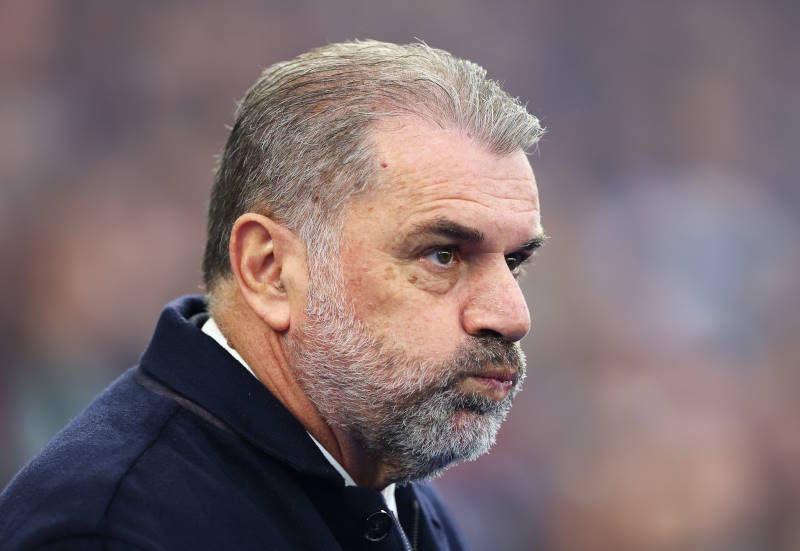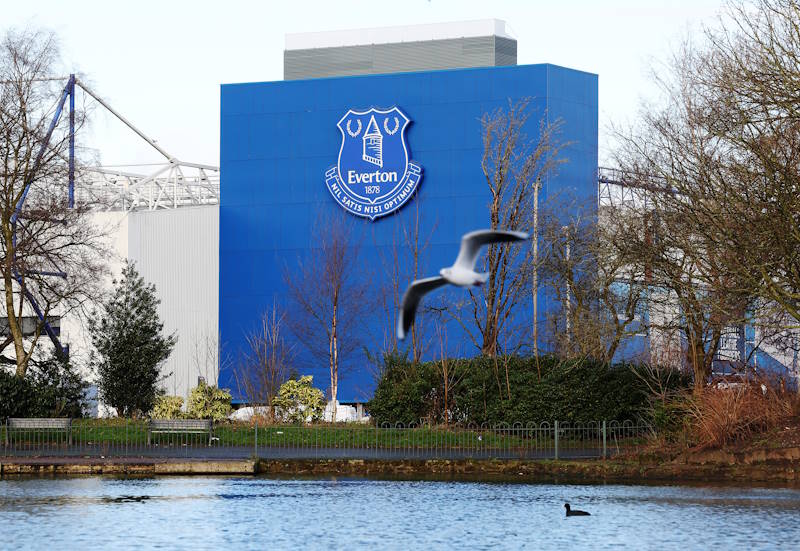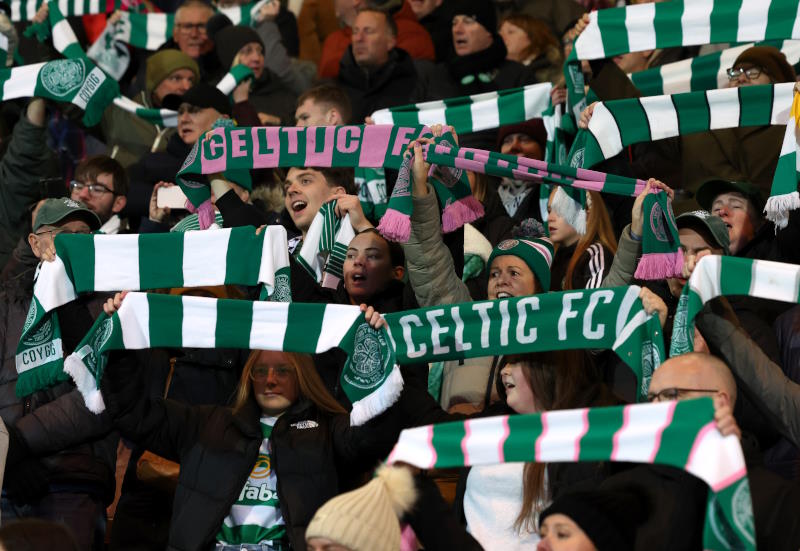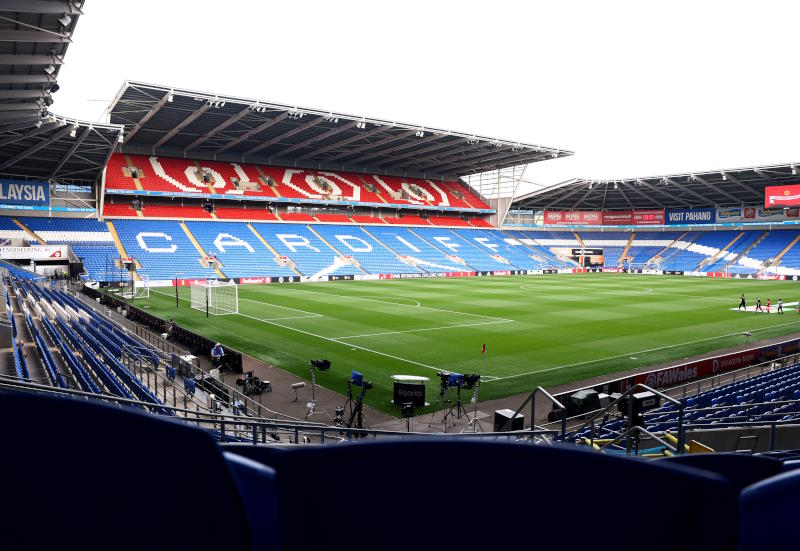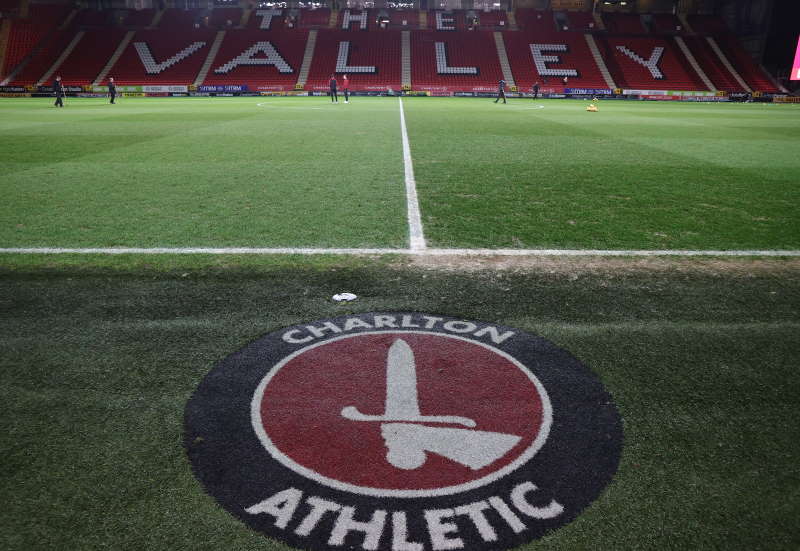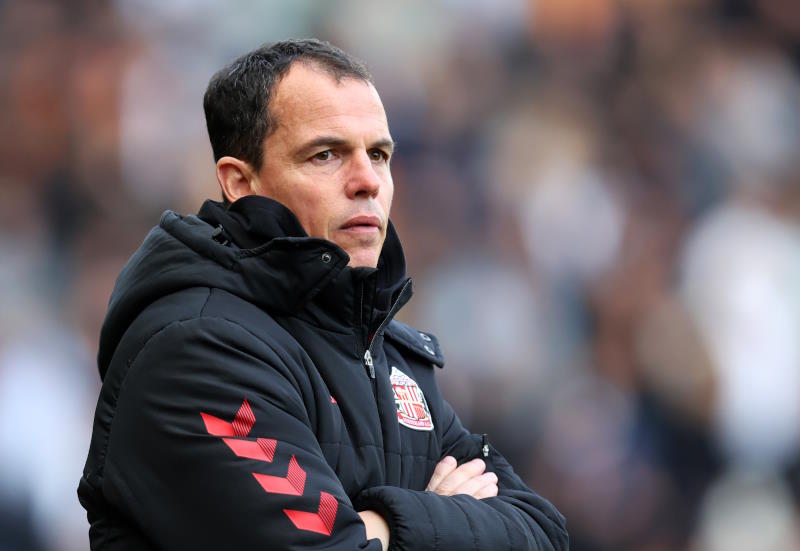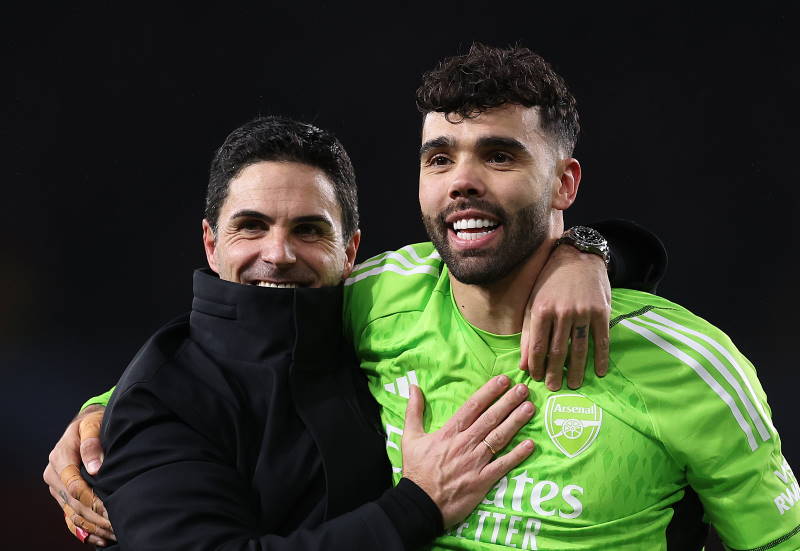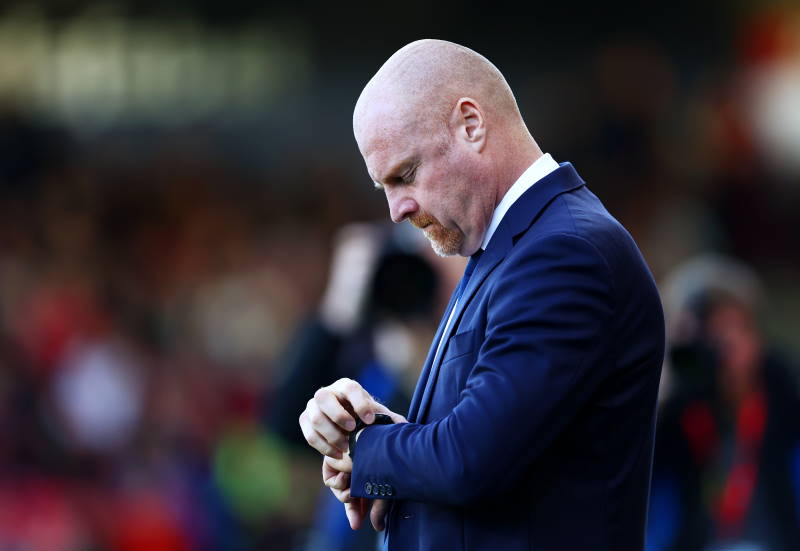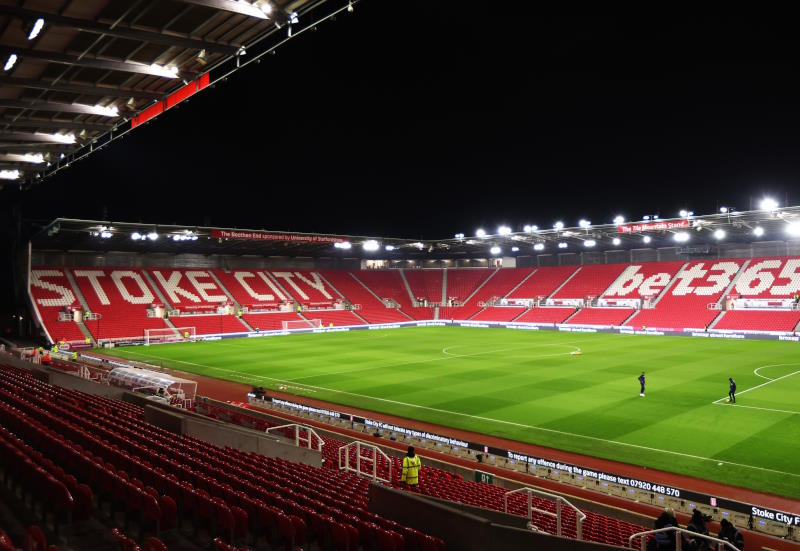
"I wouldn’t begin to even think about losing Arsene Wenger. People are too quick to jump on the bandwagon. Nobody else could have achieved what he has achieved and playing the quality he has. He should not be under pressure."
Gary Neville, August 2011
"I think the work he [Wenger] has done in his 15 years at the club is the best in Arsenal’s history. Yes, he’s not won a trophy in six years, but what does that mean? The quality of his side has not been reduced; he still has great quality in that team."
Sir Alex Ferguson, August 2011
Arsenal vs Manchester United – between the late 1990s and early 2000s – earned its place as the number one rivalry of the Premier League era. There was obvious bad feeling, from the infamous pizza incident in the tunnel at Old Trafford to the Roy Keane-Patrick Vieira row in the Highbury tunnel. Sir Alex Ferguson and Arsene Wenger rarely had anything positive to say about each other or each other’s teams.
And yet, here were Ferguson and Gary Neville, by now pundit rather than player, although divided on the subject of quality, jumping to Wenger’s defence and warning the sceptics that their gloomy predictions were wide of the mark. Back then, it was hard to find many others that foresaw the kind of fightback that the Gunners have put together over the past five months. But, for those that had gone toe-to-toe with Wenger on countless occasions, the signs were there. Their comments as much as anything should have been an indication that the Arsenal boss just needed more time.
It has been a strange season at the Emirates Stadium. A disappointing summer, marred by the departures of Cesc Fabregas and Samir Nasri, and a horrific start to the campaign led to Arsenal hitting rock bottom at Old Trafford in late August when Manchester United delivered a thumping 8-2 demolition. The transfer window came and went, with Mikel Arteta – a significant upgrade in midfield, admittedly – Yossi Benayoun, Gervinho and Per Mertesacker as the club’s most notable arrivals. The unrest among supporters was obvious, with a good number of the Gunners’ faithful believing that a change of manager was the best way forward.
But Wenger continued to plead for patience, insisting that the current crop could turn things around. Slowly but surely, they did just that. Not only did they muscle their way back into top four contention – they are now favourites to grab third place. There has even been talk this week – albeit fanciful – about a late surge to catch Manchester City in second.
In some respects, Arsenal’s revival has been lost in the swarm of other emerging stories this season – the Manchester clubs’ battle for the title, Chelsea’s struggles under Andre Villas-Boas, Swansea’s fearless style, the Harry Redknapp-England saga, Mario Balotelli and more. Wenger was subjected to intense scrutiny when the going was tough, but the plaudits have not been quite so forthcoming now that he has steered the ship to safer waters.
There have been signatures wins along the way, of course. A 5-3 win over Chelsea at Stamford Bridge in October brought a crucial injection of confidence for a team that had little to shout about until then. Coming back to beat fierce rivals Tottenham Hotspur 5-2 was another milestone moment for this group, while the recent 1-0 win over title-contending Manchester City was perhaps the biggest statement of all.
Since Old Trafford, the Gunners have taken 60 points from 29 games. Robin van Persie is a sure bet for end of season awards and has put together one of the best campaigns by a striker in Premier League history. Wenger has quietly – and belatedly – found himself a reliable goalkeeper in Wojciech Szczesny, while developing the likes of Laurent Kolscielny (vastly improved in his second season), Theo Walcott (slightly more consistent) and Alex Oxlade-Chamberlain (bristling with promise).
Once again, it proved that everyone – well, almost everyone – had underestimated Wenger’s character and resolve earlier in the campaign. The club stood behind their manager and backed him to find a way out of the messy predicament. The jury is still very much out on whether the Frenchman can lead Arsenal to the title within the next three years. But there are few better managers when it comes to developing young players and moulding them into an attacking unit boasting a free-flowing style of play. While the critics will point to the fact that his trophy drought stretches back to 2005, Wenger may well count the 2011/12 recovery among his proudest moments in North London.
The key for Arsenal is to use the feel-good factor of recent months as a springboard for next season. Needless to say, keeping Van Persie at the Emirates in the top priority, while Wenger must also be bold in adding proven performers in the transfer market. Expectations will be raised heading into next season but, as Ferguson and Neville knew all along, Wenger is more than capable of rising to a challenge.

